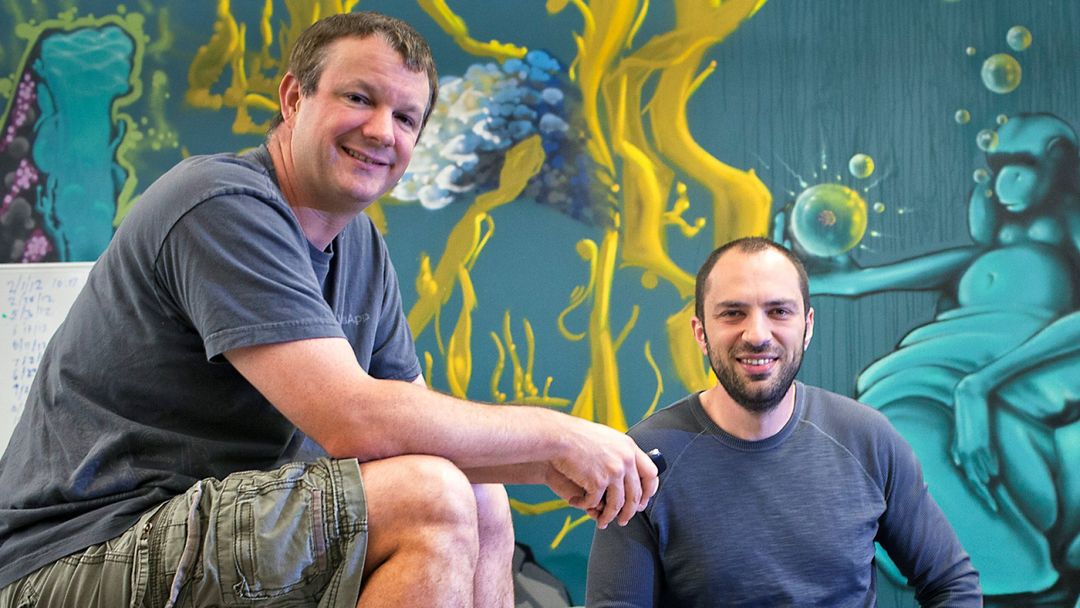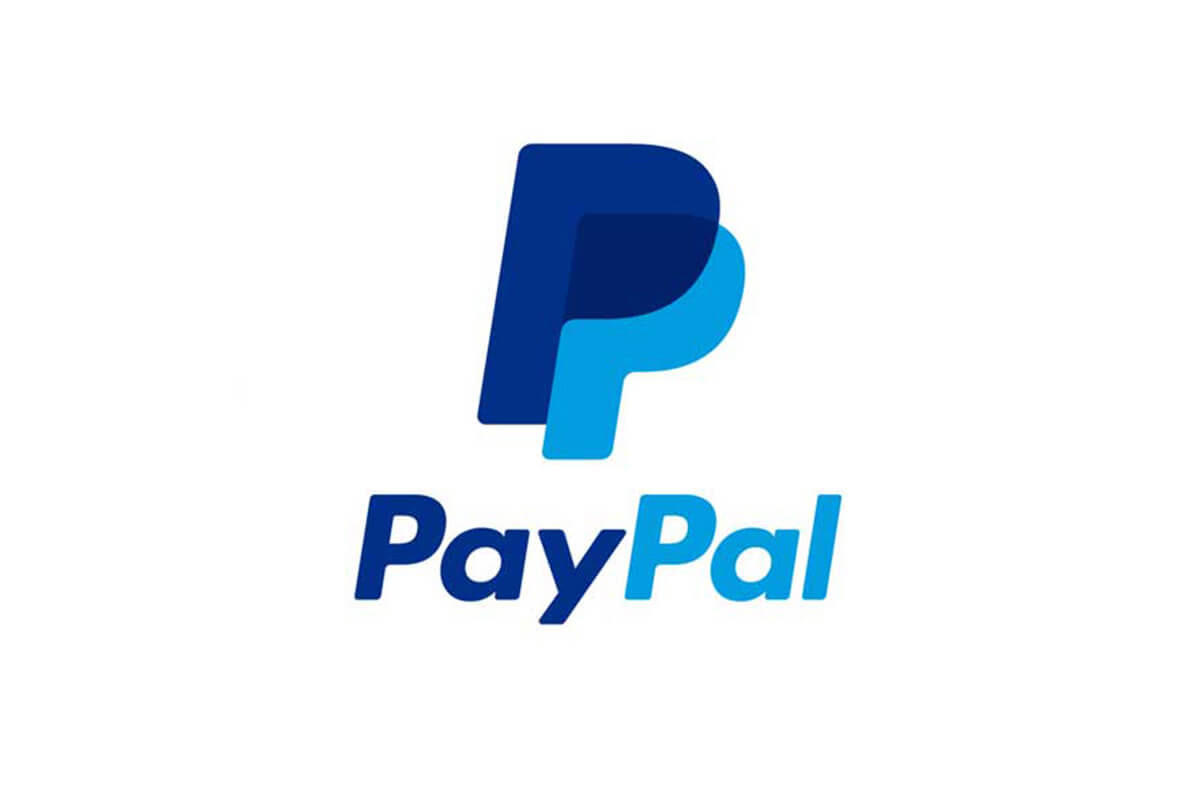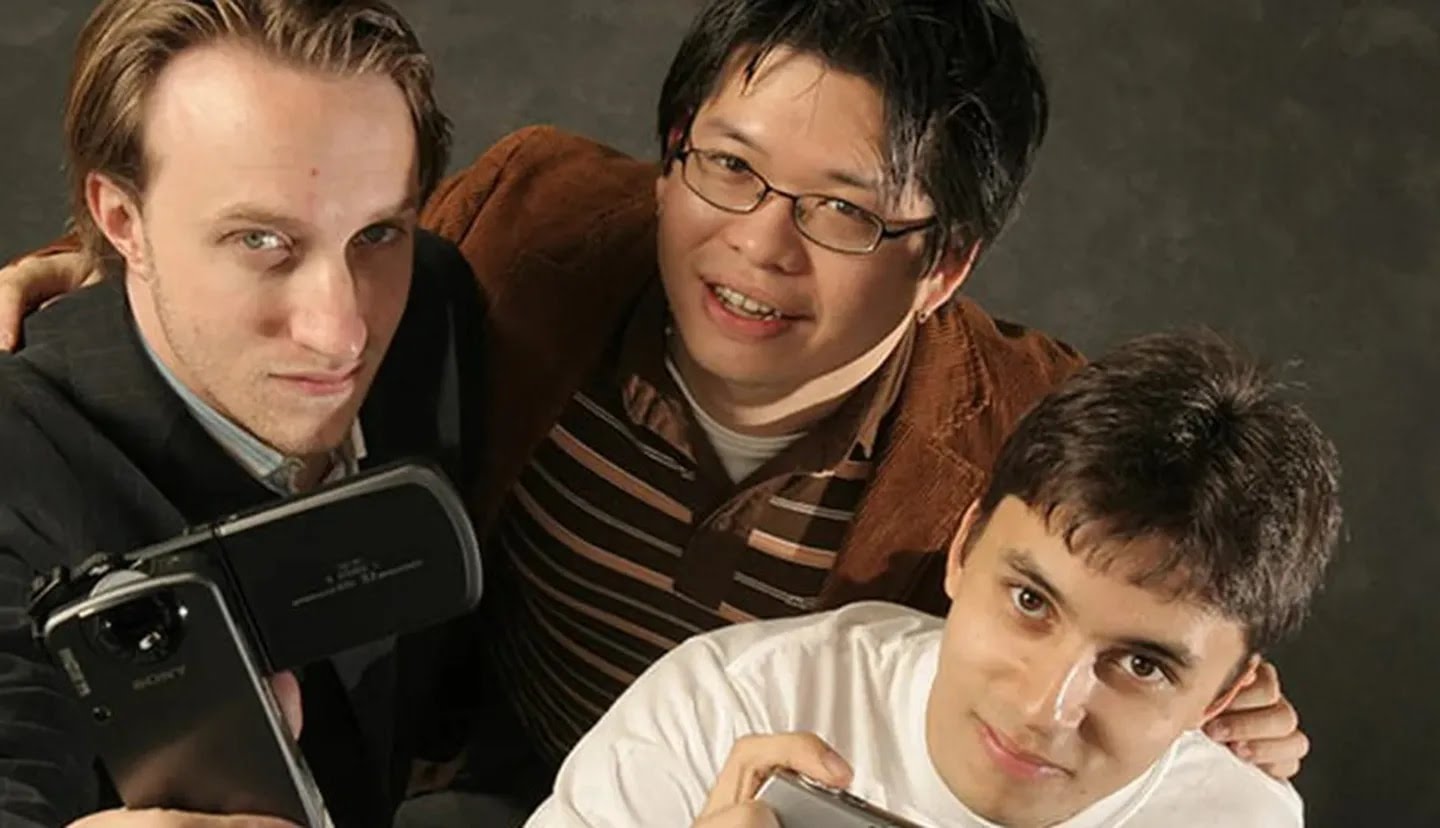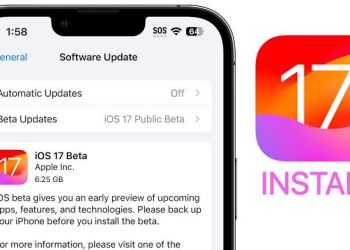Jan Koum and Brian Acton are the founders of WhatsApp, a messaging app that has become one of the most popular apps in the world.
The app allows users to send and receive text messages, images, videos and audio messages for free, as long as they have an internet connection.
Koum was born in Fastiv, Ukraine, in 1976.
He emigrated to the United States with his mother and grandmother in 1992, when he was 16 years old.
The family settled in Mountain View, California, where Koum’s mother worked as a housekeeper and his grandmother as a babysitter.
He attended San Jose State University, but he dropped out after two years to work as a security guard at Yahoo.
On the other hand, Acton was born in Jackson, Michigan, in 1979.
He grew up in a middle-class family and attended Stanford University, where he studied computer science.
After graduating from Stanford, Acton worked as a software engineer at Yahoo.
The idea of WhatsApp
Koum and Acton met at Yahoo in 1997.
They quickly became friends and bonded over their shared love of technology.
In 2007, both Koum and Acton left Yahoo; Koum wanted to start his own company, but he was unsure of what kind of business he wanted to start.
Acton encouraged Koum to pursue his entrepreneurial ambitions, and he offered to help Koum get started.
In January 2009, Koum bought an iPhone and was immediately impressed by the App Store.
He saw an opportunity to create a new type of messaging app that was more efficient and user-friendly than the existing options.
Koum and Acton began working on a prototype of WhatsApp, and they launched the app in February 2009.
WhatsApp was initially slow to take off, but it quickly gained popularity among iPhone users.
By the end of 2009, WhatsApp had over 250,000 users. In 2010, WhatsApp released versions of the app for Android and BlackBerry devices.
WhatsApp’s user base continued to grow rapidly, and by the end of 2011, the app had over 450 million users.

Facebook takeover
In February 2014, Facebook announced that it was acquiring WhatsApp for $19 billion.
The acquisition was controversial, with some critics arguing that it would give Facebook too much control over the messaging market.
However, the deal was approved by regulators, and it was finalized in October 2014, making Koum and Acton billionaires after the sale.
However, they continued to run WhatsApp as an independent company.
In 2016, Koum announced that WhatsApp would no longer charge users a $1 annual subscription fee, adding that the app would not display any third-party ads.
In 2018, Koum and Acton left WhatsApp.
Koum said that he was leaving to pursue other interests, while Acton said that he was leaving to focus on his philanthropy.
Despite the departure of its founders, WhatsApp remains one of the most popular apps in the world.
The app has over 2 billion active users, and it is used by people in over 180 countries.
WhatsApp has become an essential tool for communication and collaboration, and it has had a major impact on the way people communicate with each other.
The impact of WhatsApp
WhatsApp has had a profound impact on the way people communicate with each other.
The app has made it possible for people to stay in touch with friends and family members who live far away, and it has also made it easier for people to collaborate on projects and businesses.
In addition to its impact on communication, WhatsApp has also had a significant impact on the global economy.
The app has helped to create new jobs and businesses, and it has also helped to boost economic growth in developing countries.
The future of WhatsApp
WhatsApp is a constantly evolving app, and the company is always looking for new ways to improve the user experience.
Some of the features that WhatsApp is currently working on include;
- End-to-end encryption for all messages, including group chats and calls
- A new payment system that will allow users to send and receive money within the app
- A new business platform that will help businesses to reach their customers and manage their sales
WhatsApp is committed to providing its users with a secure and reliable messaging experience that has the potential to change the world for the better.
The company is also committed to helping businesses to grow and succeed.























